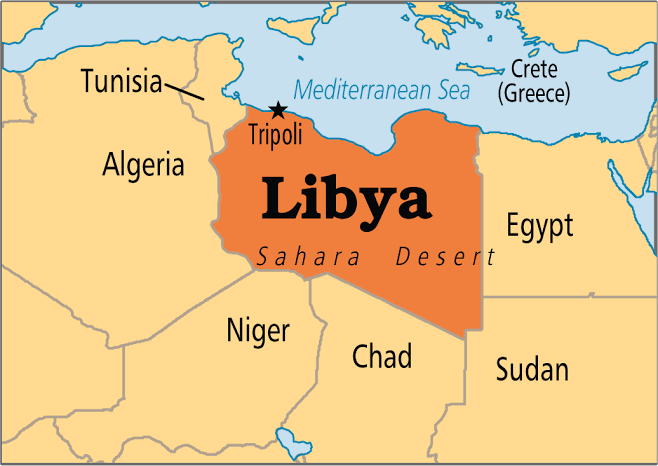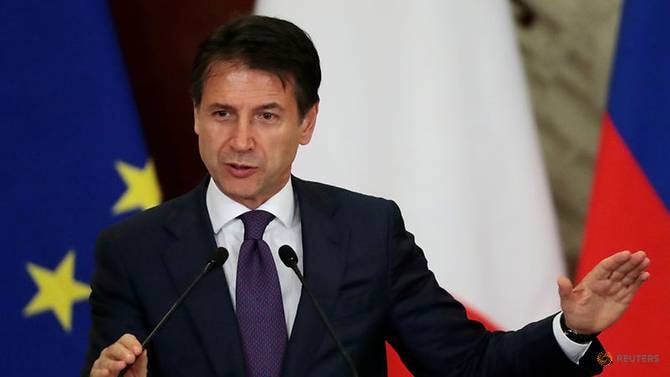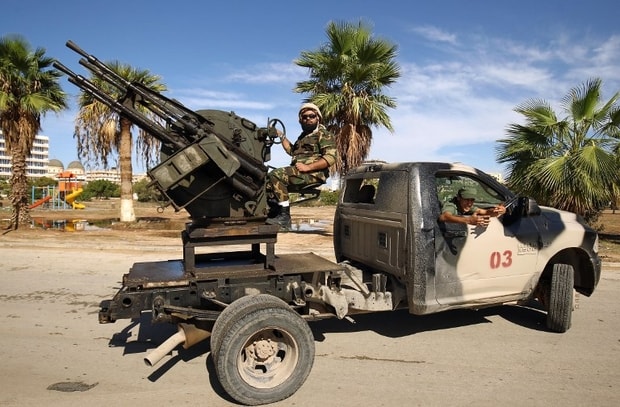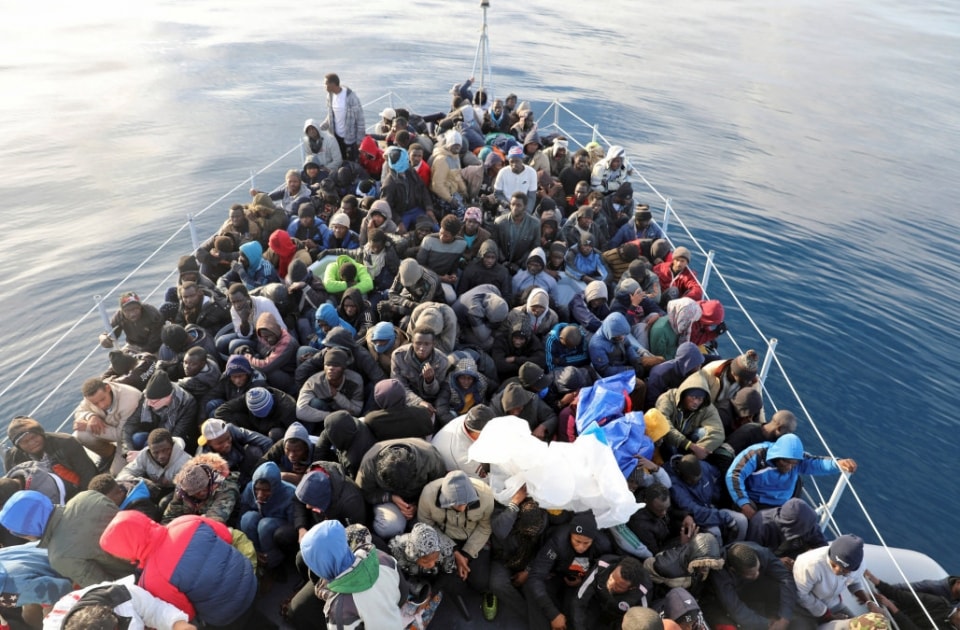Can Italy bring a “miracle” to Libya?
(Baonghean) - On November 12 and 13, an international conference on Libya took place in Palermo under the chairmanship of Italy. The goal of this conference is to promote a political solution for the country that has been in chaos since the overthrow of leader Moamar Gadhafi.
 |
| Libya is deeply divided. |
However, with Libya deeply divided, and the international community having an inconsistent approach, perhaps only a “miracle” can help the international conference in Palermo find a solution for Libya at this time.
From the outside unity
Italy is hosting an international conference on Libya in Palermo to push for a new UN plan to stabilize the situation in Libya after the failure of an initiative to hold elections in December. Earlier, the UN envoy to Libya, Ghassan Salame, announced that he would not accept the election plan in Libya on December 10, instead calling for a national conference in Libya to heal hundreds of armed groups and rival tribes in towns and regions.
Mr. Ghassan Salame made the announcement in the context that since late August, the capital Tripoli has witnessed clashes between government troops and armed militias from the city of Tarhuna, about 80 km southeast of Tripoli, which has killed more than 100 people.
In organizing this conference with the participation of many countries, one of the important goals is to narrow the differences between Italy and France on the Libya issue. France is the country that chaired an international conference on Libya last May, in which it agreed to hold presidential and parliamentary elections in December. Both Italy and France have great interests related to Libya's oil, but are taking different approaches, although both sides are trying to resolve the conflict in this North African country.
 |
| Italian Prime Minister Giuseppe Conte wants to find a peaceful solution for Libya. Photo: Channel News Asia |
France’s approach is “top-down”, whereby only representatives of the most important forces are involved in the negotiations on the political process in Libya. Meanwhile, Italy has a “bottom-up” approach, meaning that any solution for Libya must come from the will of the hundreds of armed groups and tribes that control different territories. That is why Italy had to invest a lot of effort in shuttle diplomacy to convince representatives of the groups to participate in this conference.
Besides their approach, Italy and France also have big differences when it comes to supporting different forces – even if this is “tacit” support and not publicly acknowledged.
While France and its ally the United Arab Emirates support General Khalifa Haftar, who is holding power in eastern Libya because they see him as a "wall" against extremist Islamic fighters, Italy stands with Prime Minister Fayez Serraj, head of the Libyan National Unity Government operating in the capital Tripoli. Italy is a "frontline" country in Europe that is struggling with the wave of migration from Libya and many other North African countries, so it is in dire need of Mr. Fayez Serraj's cooperation to stop this flow of migrants.
The international community’s efforts to stabilize the situation in Libya since the overthrow of leader Moamar Gadhafi have been considered to have not brought many results. The disagreement between Italy and France over the past time has made the proposals of the parties even more difficult to implement. Therefore, if this conference in Parlemo cannot provide any political solutions for Libya, the unification of views between Italy and France alone is considered a success.
To heal inside
If from the outside, the disagreement between Italy and France is a major challenge to the political process in Libya, from the inside, the deep divisions between the forces are many times more difficult to resolve. Western intervention in Libya in 2011 eliminated the regime considered "dictatorial" of leader Moamar Gaddafi, but plunged Libya into a prolonged state of chaos with the rise of militias and radical Islamists. Despite a deal reached in 2015, Libya remains engulfed in violence and political division.
 |
| Libya remains under the control of hundreds of different armed groups. Photo: Middle East Eyes |
Currently, Libya has two governments with their own armed forces, including the Libyan National Unity Government led by Prime Minister Fayez Serraj, which is backed by the United Nations and controls most of the western territory, including the capital Tripoli. Meanwhile, General Khalifa Haftar heads a government in the eastern region.
Analysts say that the most difficult factor within Libya, preventing efforts to find peace, lies in the country's "tribal politics". Accordingly, armed groups are still dominated by tribal and regional interests, even divided into towns instead of putting national interests first, and these forces all tend to protect their own interests at all costs. Meanwhile, there is no force strong enough to gather and unify these forces.
 |
| Libyan people are facing terrible crises, hundreds of thousands of people want to escape this situation by migrating, fleeing war. Photo: Reuters |
Fayez al-Sarraj, head of the Libyan Government of National Accord, has been largely powerless to gain legitimacy and be accepted by groups in Libya. The existence of his government is still heavily dependent on the protection of militias. Despite great efforts to reorganize these militias into professional forces, Fayez al-Sarraj and the militias are still spontaneous armed groups. Meanwhile, General Khalid al-Mishri Haftar is equally powerless. Khalid al-Mishri Haftar is considered a counterweight to Fayez al-Sarraj with his area of operation in the East. However, Haftar is considered to have too great personal ambition, and his tendency to establish autonomous territories has turned him into a divisive figure and is considered a major obstacle to the country's unity.
In his statement before the start of the conference in Palermo, Italian Prime Minister Giuseppe Conte said that this was a conference “for Libya”, not “about Libya” – a statement that was considered quite semantically sensitive, but completely reflected the nature of the situation in Libya over the past years.
In addition to internal divisions, Libya has become the focus of calculations by external forces, sometimes Türkiye, sometimes Britain, sometimes France, other regional powers, and even Italy is part of these forces. However, even if the conference meets Giuseppe Conte's "for Libya" wish, the Libyan people themselves do not have too much hope for this conference.
The conference may put on the table many issues, from illegal migration, massive European support, even ceasefire proposals, but only a “miracle” can help Libya find a path to peace after 7 years of conflict and violence.
